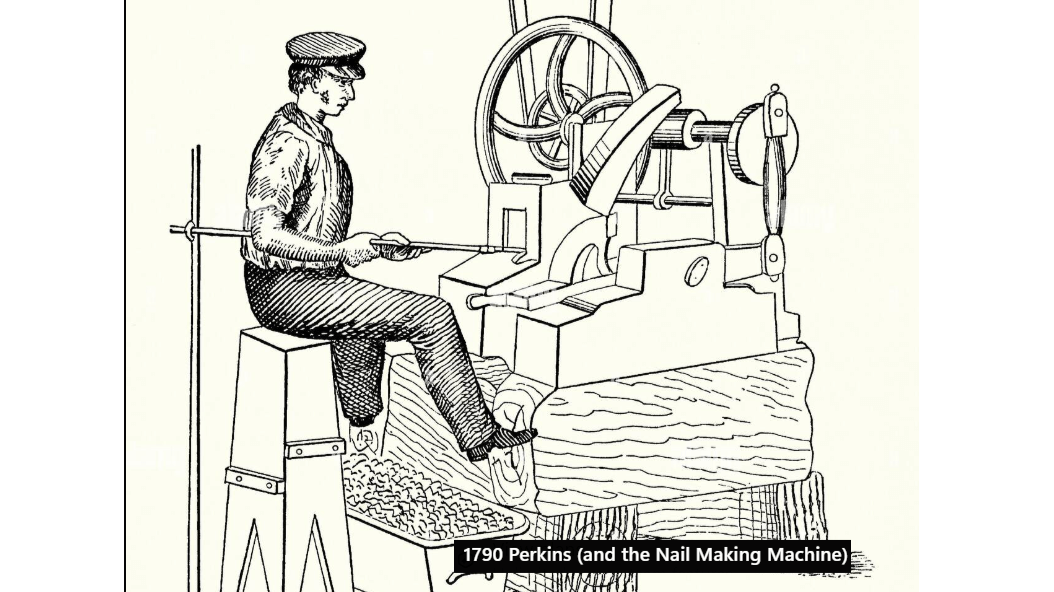
AI Will Create Jobs and Drive Economic Growth

Anjan Lahiri
CEO
The rise of Artificial Intelligence (AI) has sparked widespread debates about its impact on jobs. Many fear that automation will render millions unemployed, replacing human workers with machines. However, history tells a different story. The Industrial Revolution, once feared for displacing jobs, ultimately created entirely new industries and expanded employment opportunities. AI is poised to do the same—enhancing productivity while opening up avenues for work in areas we have yet to identify.
Jevons’ Paradox and AI’s Expanding Role
Microsoft CEO Satya Nadella recently referenced William Stanley Jevons, a 19th-century economist, in discussions about AI’s impact on productivity. Jevons is known for the Jevons Paradox, which suggests that as a resource becomes more efficient and accessible, its overall consumption increases. Applying this to AI, Nadella pointed out that as AI tools become more powerful, they will not replace jobs but will drive more demand for AI-related work, creating an AI-driven economy where human involvement remains essential.
This idea aligns with historical patterns. As steam power revolutionized industries during the Industrial Revolution, rather than reducing employment, it led to rapid industrial growth and new job creation in areas previously unimaginable. AI is now following a similar trajectory.
Historical Parallels: Steam, Mechanization, and the Expansion of Work
The Industrial Revolution provides a blueprint for understanding AI’s long-term effects. When steam power mechanized textile production, many worried that machines would replace workers. Instead, industries flourished.
- Increased Productivity: Mechanized cotton spinning increased output per worker by a factor of 500, while power looms boosted weaving productivity by 40 times. This rapid growth did not eliminate jobs; rather, it created new roles in factory management, logistics, and machine maintenance.
- New Industries Emerged: Innovations like steam-powered cotton gins, which processed 2,500 pounds of lint cotton per day compared to the previous 50-pound limit, allowed for mass production, fueling the expansion of the textile and global trade industries.
- Nail Manufacturing Boom: The invention of Jacob Perkins' nail-cutting machine in 1795 increased production from 60 nails per hour (manual) to 6,000 nails per hour, making nails affordable and accessible. This innovation didn’t put blacksmiths out of work; instead, it enabled rapid construction growth, increasing demand for builders, carpenters, and engineers.
These technological shifts didn’t reduce the number of jobs available; they transformed the nature of work itself.
AI as a Productivity Booster, Not a Job Killer
AI is following a similar trajectory. Instead of replacing workers, AI is augmenting human capabilities, making tasks more efficient while creating demand for entirely new roles.
- AI-Driven Developer Productivity: AI coding assistants boost developer productivity by 20-35%, helping programmers complete tasks faster and focus on complex problem-solving.
- Generative AI’s Growing Role: By 2024, AI is projected to generate 20% of all code, increasing the efficiency of software development. But instead of replacing developers, it enables them to work on more innovative projects.
- Industry-Wide AI Integration: Wells Fargo’s CFO highlighted that AI will impact every part of banking, not by removing jobs, but by streamlining operations and creating new roles in AI oversight, risk management, and compliance.
The Future of Work: Unidentified Opportunities
AI is currently projected to improve productivity of coding by 20-50%. The Industrial revolution improved productivity of manufacturing 100s of times. But many more people are employed today than in those times.
Much like the Industrial Revolution, AI will change how we work, but it will not eliminate work itself. Instead, it will unlock human potential in ways we have yet to imagine.
By applying Jevons' Paradox to AI, it becomes clear that increased efficiency will not reduce demand—it will expand it. AI is not the end of work; it is the beginning of an entirely new chapter of human progress.